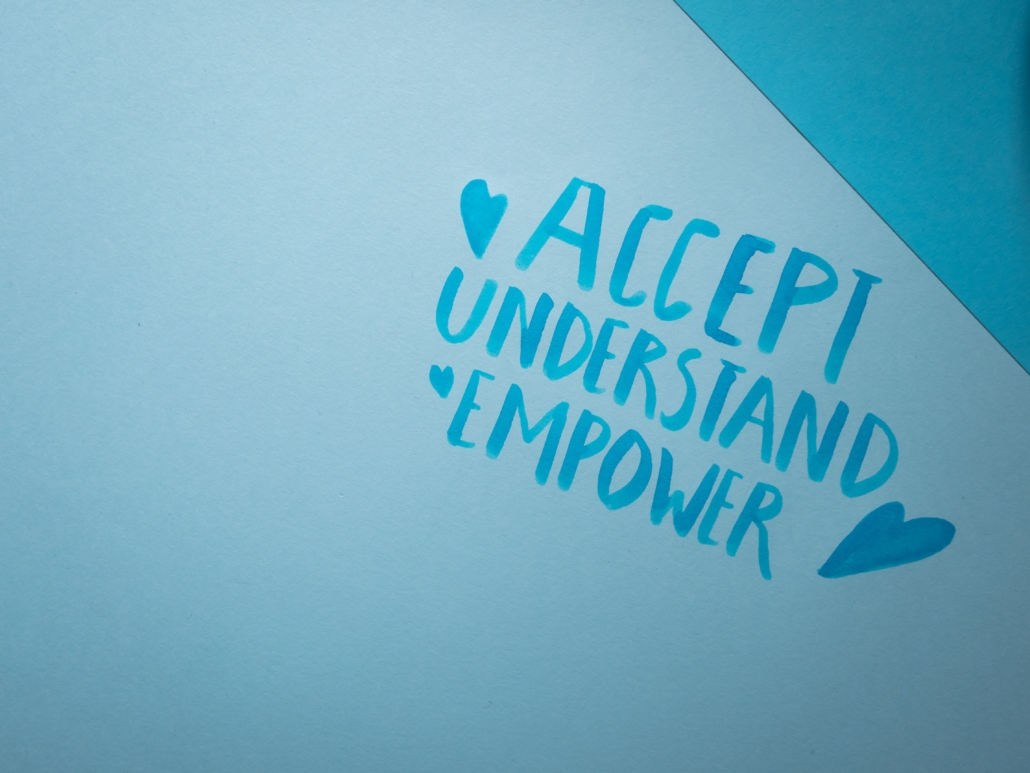HOW TO MAKE EMPOWERING RESPONSES WHEN PEOPLE ARE UPSET

Conflict in relationships is inevitable. Conflict management skills help us navigate it constructively. The conflicts I’m referring to are upsets because of disagreements, differences in needs or interests, and misunderstandings. We sometimes call them fights, but not fights as in harming another physically or emotionally. Conflict may be stressful at times, but it’s not inherently bad.
The foundation for making empowering responses with those who express upset:
- Accept conflicts are inevitable.
- Do not take others’ emotions personally.
- Cultivate curiosity about what they feel and why.
- Discuss the situation respectfully.
Those who experienced coercive control often become anxious about conflict, even when interacting with safe people. That is because conflict was associated with being hurt. Coercive controllers interpret disagreeing and expressing different opinions, preferences, or feelings–being an individual–as a challenge to their power.
Anger Starvation and Positive Admission are two constructive ways of dealing with another’s anger, disappointment, or frustration. Anger Starvation is only appropriate for relationships that have equal power. Refrain from using it with coercive people. Positive Admission can be used with any relationship. My next blog will address two more that can be used with both abusive and non-abusive people.
Anger Starvation
An important sidebar before going on: remember anger is not the same thing as abuse. Anger is an emotion. Abuse is a behavior and only one choice of expressing emotions.
Emotions energize us to pay attention. With anger, it comes when something seems unjust or harmful. When a non-abusive person expresses anger or frustration, it doesn’t mean they are attacking our worth. They are doing us the favor of telling us so the issue can be worked out.

Anger starvation is one way of making an empowering response. It can be used when someone expresses an upset emotion toward you. It is also beneficial when someone communicates their anger regarding someone or something else.
When we use Anger Starvation, we listen and respond instead of reacting defensively. This tends to decrease the other person’s anger and create space for understanding one another. We are curious about why the person is angry, open to hearing them out, and know we are responsible for our behavior but not for a person’s emotions. People have varying emotional responses to the same situation. The handout at the end provides the steps as well as practice examples.
Possible Barriers
- Reacting and taking anger personally— Often, our first temptation is to react to the other person’s anger as if they are attacking us even when they aren’t. We may put up a wall at any hint of anger because we have a history of being attacked. This barrier interferes with listening. Another example of taking it personally happens when we believe we must be “bad” when someone is angry with us. Both reactions benefit from the use of emotional resetting strategies such as exercise, journaling, or focus on breathing. Asking to sit down and talk may be enough to reset yourself. You can also ask to talk later after you’ve had a chance to calm your anxiety.
- Jumping to conclusions—If partners have a history of abuse but have worked on being accountable and expressing their anger in positive ways, it’s often a difficult adjustment. Even when they express constructive anger, it may trigger you into “oh no, here we go again.” This is a normal stage in healing for a couple. Ask yourself whether your partner has slipped back into old habits. If they haven’t, you can ask for space to calm your emotions before using Anger Starvation. If they have slipped, ask them to change how they are expressing it. If they don’t respond well to this, see it as evidence they have regressed and take care of yourself. My next blog includes two skills for dealing with this situation.
- Asking for time but never addressing the issue—When you need time before talking about someone’s anger, it may be tempting to never get back to it. As things calm between you, you may think, “why bring it up again?” Avoidance may soothe us, but it is sure to increase the other person’s upset. You will lose their trust if you do not keep your word.
Positive Admission
Positive admission or “fessing up” is done when you know you have made a mistake, or you’re unsure but think it is possible you did. Admitting your mistake is calming for most people, because it shows that you are willing to be accountable. It also demonstrates humility, always an asset. If it was something under your control, include an apology.
Make a positive admission with self-respect, not by shaming yourself. We’re all human. The practice exercises link will demonstrate how to do this.
Possible Barriers
- Falling into shame—If your family shamed those who made mistakes, that often becomes a default as an adult. There is no disgrace in admitting you’re fallible. Mistakes are a normal part of life. They give us an opportunity to learn and make improvements. For example, the discovery of penicillin was initially the result of a mistake in a lab. Work with beliefs that discourage shame, such as those under Enhance Your Skill.
- Thinking it’s weak to admit mistakes—Sometimes we become caught up in our egos and have trouble admitting we’re fallible. We may have been taught that apology indicates weakness. A healthier approach comes from seeing acknowledgement as a strength. It enhances relationships and arises from confidence in our worthiness even when we make mistakes.
- Fessing up with an abusive partner—This skill can be used with harm-doers, but victims of coercive control often hesitate because their partners use mistakes to justify abuse. They also use them to turn attention away from their abusive behavior. Use your judgment about whether to use this skill. If you do, remind yourself that there is no shame in making mistakes and do not take to heart what an abusive partner says about it. Sometimes past abusive experiences also affect our willingness to admit mistakes with nonabusive people. Try out the following assertive beliefs to change how abuse affected you.
Enhance Your Skill
Download Anger Starvation and Fessing Up to practice these skills.
You need to believe you have the right to use conflict management techniques. My previous Assertive Beliefs blog has a handout of beliefs. The following support Anger Starvation and Fessing Up:
- It is human to make mistakes and does not make me unworthy of respect.
- I have the right to my feelings and to make my own decisions and do not need to justify them.
Work with beliefs that will strengthen your ability to be assertive. As always, remember that learning is a process. Think about whether it would be helpful to have someone to practice with.

